Introduction
Printed circuit boards (PCBs) are an essential component of most modern electronic devices. As products become more complex, PCBs have also increased in complexity, requiring more advanced design and manufacturing capabilities. Many companies, especially startups and smaller firms, find it challenging and expensive to handle all aspects of PCB production in-house. This is where full turnkey PCB assembly services can provide an invaluable solution.
A full turnkey PCB assembly provider manages your entire PCB production process from start to finish. This article provides a comprehensive guide to understanding what full turnkey PCB assembly entails, its key benefits, how to select the right partner, and insider tips when using these services.
What is Full Turnkey PCB Assembly?
Full turnkey PCB assembly refers to outsourcing the complete manufacturing process of a printed circuit board to a specialized provider instead of handling it internally. The full turnkey provider takes care of all required PCB production stages, including:
- PCB Design – Creating the board layout and schematics based on specifications.
- Prototyping – Producing prototype boards for design verification and testing.
- Fabrication – Manufacturing the bare PCBs.
- Assembly – Sourcing components and soldering them onto the fabricated boards.
- Testing – Testing assembled boards based on predefined quality standards.
- Enclosures – Providing enclosures and assisting with final product assembly if needed.
The customer only needs to provide the initial product design files, bill of materials (BOM), and other assembly instructions to the full turnkey provider. The provider takes over the entire process from there while keeping the customer updated at every stage.
Key Benefits of Using Full Turnkey PCB Assembly
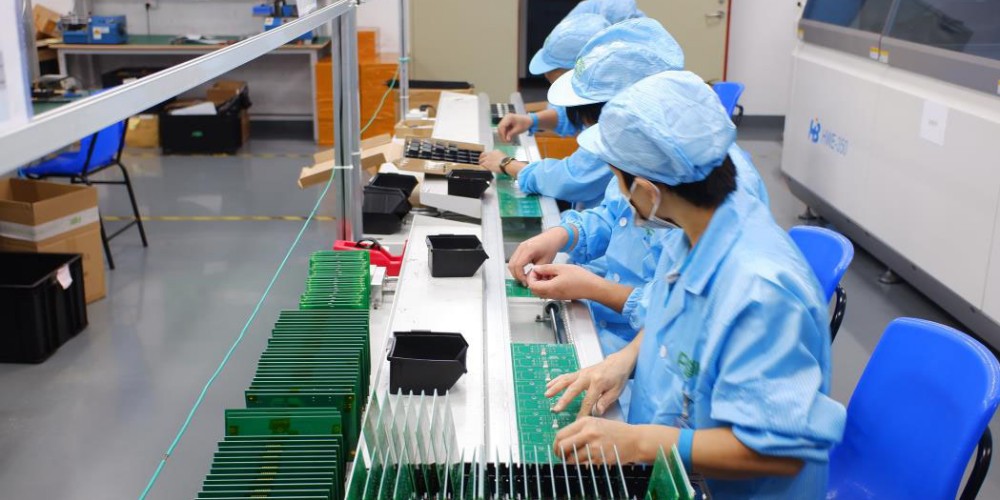
Full turnkey PCB assembly offers several advantages over managing PCB production in-house:
Convenience
Outsourcing to a full turnkey provider greatly simplifies the PCB production process. You avoid the hassles of coordinating between multiple vendors and contract manufacturers.
Cost Savings
It eliminates expenses of purchasing fabrication and assembly equipment, hiring specialist engineers, and maintaining facilities. High-volume production also lowers per unit costs.
Focus on Core Competencies
Relying on a turnkey provider allows you to focus resources on your core product development and business strengths rather than PCB production intricacies.
Faster Time-to-Market
Experienced full turnkey assemblers have optimized processes that shrink PCB production timelines and accelerate time-to-market.
Quality and Reliability
Reputable full turnkey providers offer very high-quality standards and rigorous testing for reliable PCBs that match ISO, IPC, and other certifications.
Scalability
You can easily scale up or down production volumes to align with changing market demands. The full turnkey provider handles flexibility in their operations.
One-Stop Solution
With just one provider handling the entire process, you have a centralized point of contact for the complete PCB production cycle.
How to Select a Full Turnkey PCB Assembly Partner
Choosing the right full turnkey PCB production partner is critical for getting high-quality boards produced efficiently. Here are key factors to evaluate:
Technical Capabilities
Look for advanced PCB fabrication and assembly technologies like SMT, through hole assembly, automated optical inspection (AOI), X-ray inspection, etc. Modern surface mount technology capabilities are especially important.
Quality Systems
Stringent quality control and testing using IPC standards, modern equipment, and qualified technicians ensure high reliability. Certifications like ISO 9001 demonstrate rigorous quality management.
Design Support
Many offer end-to-end support including design, prototyping, testing, and even enclosure fabrication for a comprehensive solution.
Range of Services
Assemblers who can provide a wider range of services including component sourcing, global fulfillment, and after-sales support provide greater value.
Industry Experience
Look for expertise and experience in your specific product domain and production volumes to understand the unique requirements.
Reliability and Trust
Opt for well-established providers with a solid reputation for on-time delivery, consistent quality, and ethical business practices. Verify third-party reviews.
Pricing and MOQs
Compare pricing models (per unit, setup charges, etc) and minimum order quantities to find one that aligns with your budget and volumes.
Location
Proximity to your location can be advantageous for logistics, communication, and collaboration. However, some overseas providers offer cost benefits.
Best Practices for Working with Full Turnkey Providers
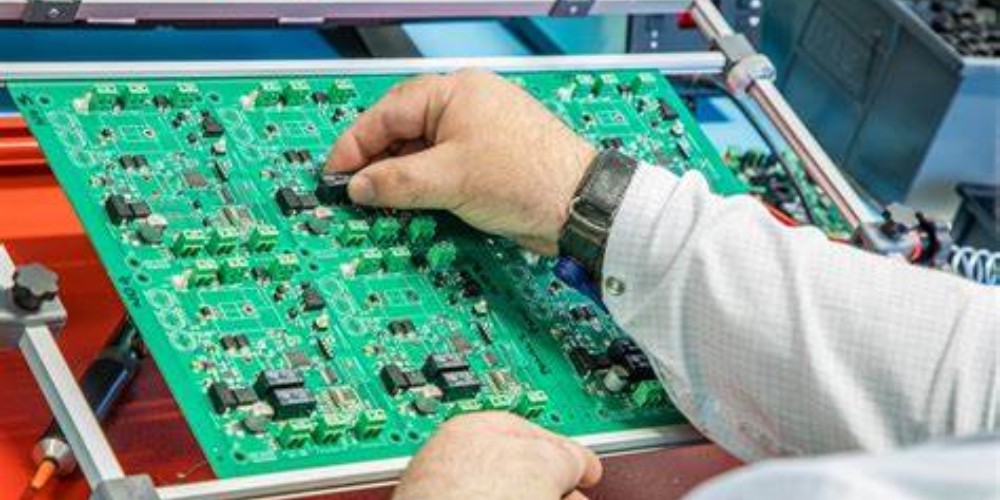
Follow these tips when partnering with a full turnkey PCB assembly provider:
- Provide complete design specifications, Bill of Materials, assembly instructions, and quality expectations upfront for clarity.
- Build trust and rapport with your account manager for good communication and proactive issue resolution.
- Get quotes from multiple providers to compare capabilities, pricing, and terms.
- Start with small prototyping runs first to evaluate quality before larger production builds.
- Review production timelines carefully and give sufficient lead time. Discuss strategies for dealing with delays.
- Inspect assembled boards thoroughly against an acceptance checklist covering soldering, components, enclosure fit, etc.
- Monitor KPIs like on-time delivery, defects per million (DPM), and process cycle times.
- Visit the production facility periodically for greater transparency and to check progress.
- Provide regular feedback and optimize processes collaboratively for continuous improvement.
Full Turnkey PCB Assembly Process Step-by-Step
While each full turnkey provider will have their own proprietary processes, the high-level steps are generally as follows:
- Engineering Reviews
- Customer submits design files, BOM, assembly requirements, etc.
- Provider reviews inputs and creates manufacturing design plan.
- Collaborative exchanges to finalize all details.
- Prototyping
- Initial prototype PCBs produced based on submitted design files.
- Prototypes tested for design validation against product requirements.
- Feedback collected for design tweaks and optimization.
- Additional prototyping iterations if needed.
- Fabrication
- Fabrication files generated for mass PCB production upon design approval.
- Bare PCBs manufactured with required layer counts, materials, finishes, etc.
- Fabricated boards sent for assembly.
- Component Procurement
- Components required for assembly sourced based on approved BOM.
- Verify component specifications match requirements.
- Quality checks performed upon arrival.
- PCB Assembly
- Components loaded onto fabricated PCBs using SMT, through-hole insertion, etc.
- Soldering using wave, reflow or selective methods.
- Additional joining techniques like adhesive bonding if required.
- Assembly Testing
- Assembled boards tested for continuity, connections, functionality, etc.
- Failure analysis performed on defects.
- Boards repaired or reworked if possible.
- Enclosure Assembly(optional)
- Enclosure parts fabricated based on specifications if needed.
- Assembled PCBs integrated into enclosures.
- Final Testing and Inspection
- Comprehensive testing around parameters like power, signals, EMI, temperatures, etc.
- Aesthetics, packaging, and labeling also inspected.
- Boards that pass are shipped after appropriate programming.
- Shipping and Logistics
- Finished boards packaged with ESD protection.
- Shipped via agreed method to customer or fulfillment center.
- Inventory and shipment tracking provided.
- Support
- Assistance with integration and troubleshooting after delivery.
- Manage returns and repairs.
- Value-added services like firmware loading, customization, etc.
FAQ
What are some key questions to ask potential full turnkey PCB assembly partners?
Some important questions include:
- What design, fabrication, assembly, and testing capabilities do you offer?
- How do you ensure quality management and traceability?
- What certifications like ISO do you comply with?
- How will you handle component sourcing and inventory?
- What is your defect rate or process yield?
- How do you deal with delivery delays or quality issues?
- Do you offer assistance with product enclosures?
- What support and documentation will you provide?
Should I get quotes from domestic or overseas full turnkey providers?
Quotes from both domestic and overseas providers are recommended. Overseas, especially China, may offer lower costs at high volumes due to labor arbitrage. However, domestic providers could have advantages in communication, logistics, quality, and IP protection. Evaluate tradeoffs carefully.
What production volumes are ideal for full turnkey PCB assembly?
Turnkey services are ideal for medium to high production volumes of say 5,000-10,000 boards or more. For very low volumes below 100-500 units, on-demand prototype fab or small assembly runs may be preferable based on cost.
How can I scale up using full turnkey PCB assembly?
Choose a turnkey partner capable of supporting higher volumes as your production requirements grow. Starting with short initial test runs is recommended to assess capabilities before ramping up. Check that the partner has capacity, supplies, and processes to scale flexibly.
What are the payment terms typically offered?
Many full turnkey assemblers require 50% upfront payment at order placement, 40% upon shipping complete boards, and 10% net 30 terms after delivery. However, mature enterprises may negotiate more favorable terms like 30/60/10.
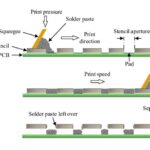
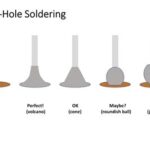
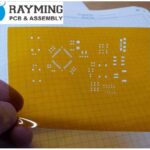
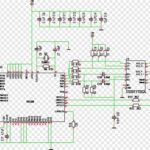
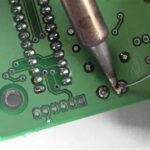
Leave a Reply